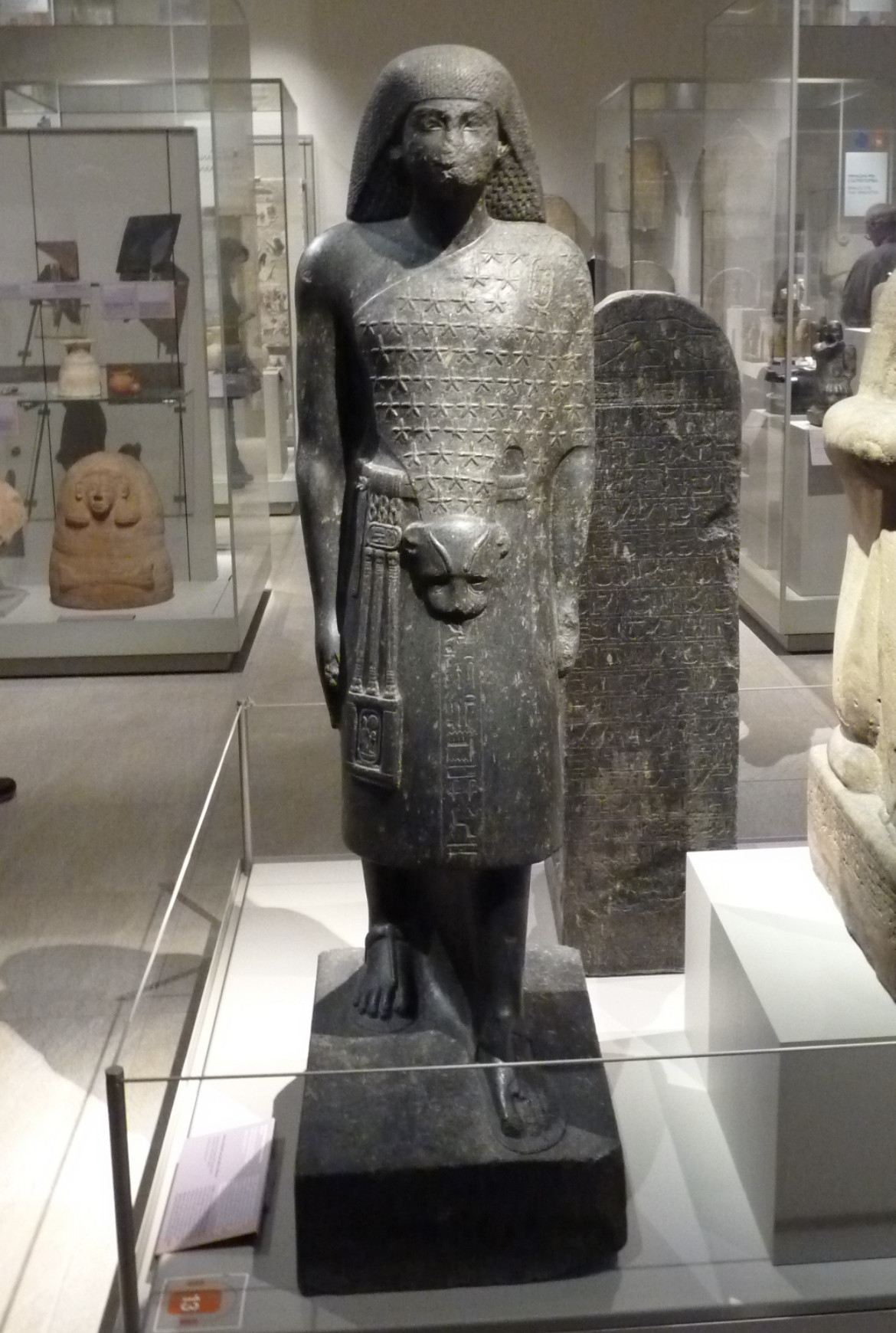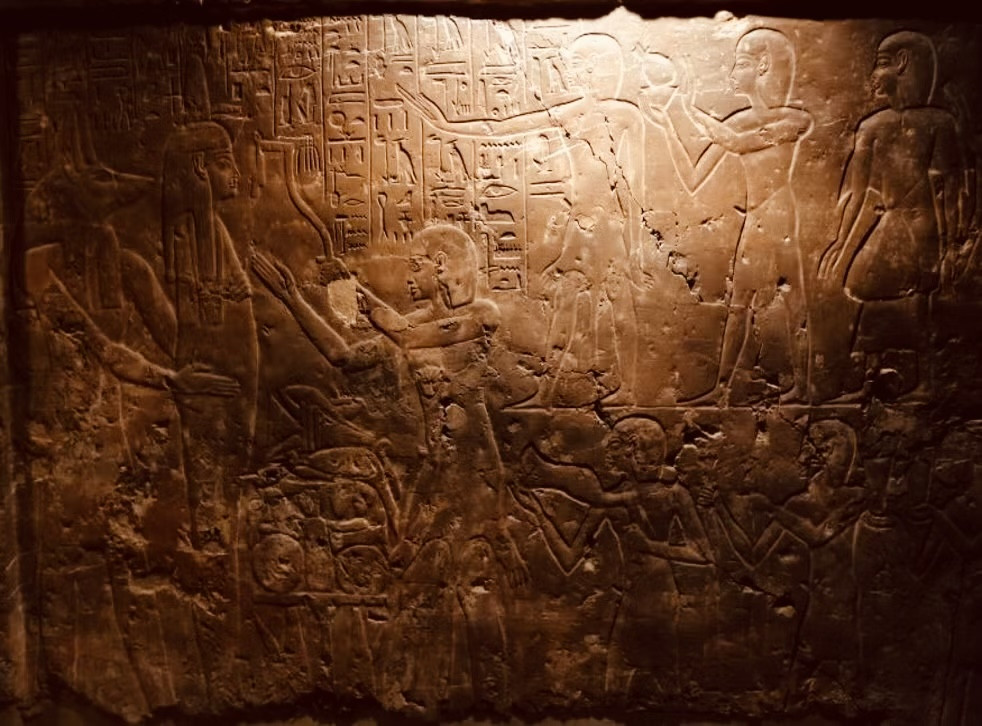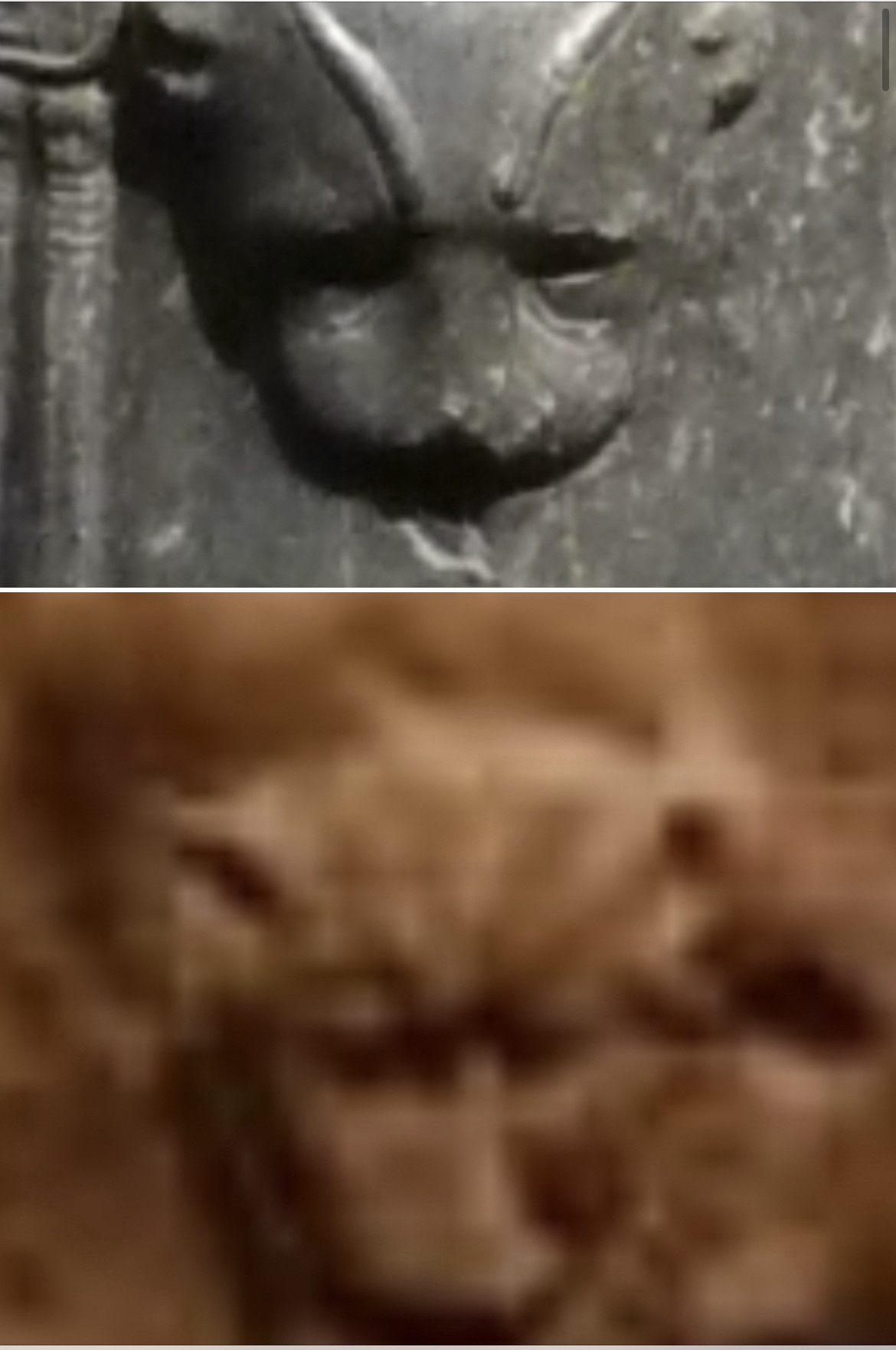Is this platform working properly yet?
Luk 13:18
Then said he, Unto what is the kingdom of God like? and whereunto shall I resemble it?
Middle English: from Old French resembler, based on Latin similare (from similis ‘like’
likable (comparative more likable, superlative most likable)
(American spelling) Capable of being liked.
like
/lʌɪk/
verb
past tense: liked; past participle: liked
1.
find agreeable, enjoyable, or satisfactory.
"all his classmates liked him"
enjoyable (adj.)
1640s, "capable of being enjoyed," from enjoy + -able. Meaning "affording pleasure" is from 1744. Related: Enjoyably; enjoyableness
AN ENJOYABLENESS
Old English, from ecclesiastical Latin, from Greek amēn, from Hebrew 'āmēn ‘truth, certainty’, used adverbially as expression of agreement, and adopted in the Septuagint as a solemn expression of belief or affirmation.
Aten also Aton, Atonu, or Itn (Ancient Egyptian: jtn, reconstructed [ˈjaːtin]) was the focus of Atenism, the religious system established in ancient Egypt by the Eighteenth Dynasty pharaoh Akhenaten.
Meritaten, also spelled Merytaten, Meritaton or Meryetaten (Ancient Egyptian: mrii.t-itn)[1] (14th century BC), was an ancient Egyptian royal woman of the Eighteenth Dynasty of Egypt. Her name means "She who is beloved of Aten"; Aten being the sun-deity whom her father, Pharaoh Akhenaten, worshipped
"two knights fought to win the hand of a fair maiden"
because (conj.)
late 14c., from phrase bi cause, introducing a subordinate clause or phrase, "by cause, for the reason that," from by (prep.) + cause (n.).
1Jo 4:4
Ye are of God, little children, and have overcome them: because greater is he that is in you, than he that is in the world.
Peter's Second Sermon Acts 3:11 (113)



